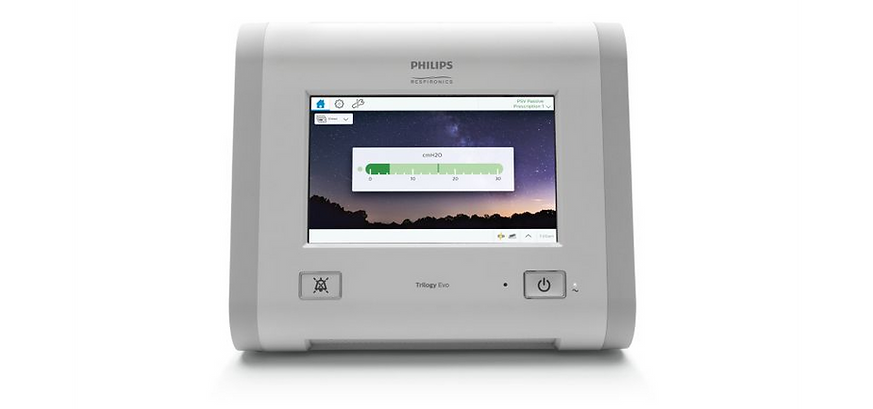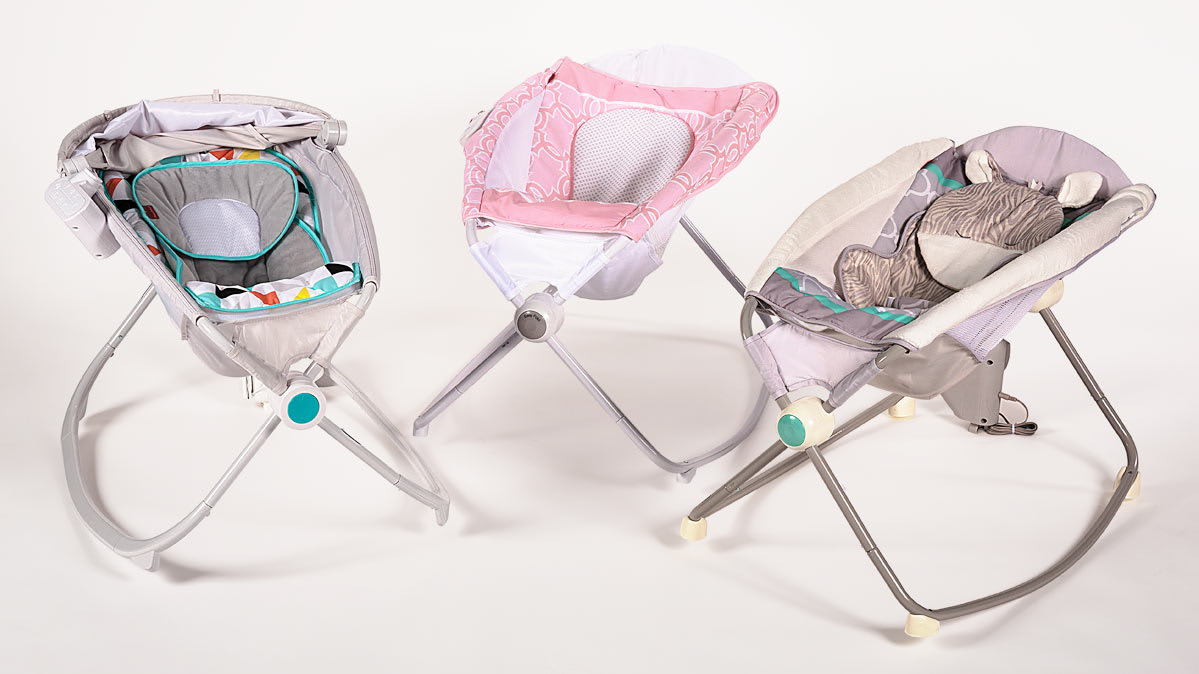Philips’ Quality Control Failure: A Reminder of the Imperative for Regulatory Compliance and Patient Safety in the Medical Device Industry
 The situation involving Philips and its decision to halt the sale of new sleep therapy and respiratory care devices in the U.S., as part of a consent decree with the FDA, raises serious concerns from a product liability perspective. This move, necessitated by significant quality issues that led to a massive recall of over 15 million devices, underscores a critical lapse in Philips’ quality control and regulatory compliance mechanisms. The revelation of such extensive quality problems not only erodes consumer trust but also exposes Philips to substantial legal and financial risks.
The situation involving Philips and its decision to halt the sale of new sleep therapy and respiratory care devices in the U.S., as part of a consent decree with the FDA, raises serious concerns from a product liability perspective. This move, necessitated by significant quality issues that led to a massive recall of over 15 million devices, underscores a critical lapse in Philips’ quality control and regulatory compliance mechanisms. The revelation of such extensive quality problems not only erodes consumer trust but also exposes Philips to substantial legal and financial risks.
The consent decree, while a step toward remediation, highlights a reactive rather than proactive approach to product safety. The necessity for such an agreement reflects a failure in Philips’ internal processes to ensure the safety and efficacy of their products before they reach consumers. The impact of these failures is not trivial, considering the potential health risks to users of sleep therapy and respiratory care devices. Such situations demand rigorous scrutiny, as they can lead to severe health consequences for individuals relying on these medical devices for critical care.
The financial implications of the recall and the consent decree, including a significant provision of 363 million euros, indicate the scale of the impact on Philips’ operations. However, beyond the financial toll, there’s a broader consideration regarding the damage to the company’s reputation and the potential erosion of trust among healthcare providers and patients. This trust is paramount in the healthcare sector, where the stakes involve patient health and safety.
 New York Personal Injury Attorneys Blog
New York Personal Injury Attorneys Blog









